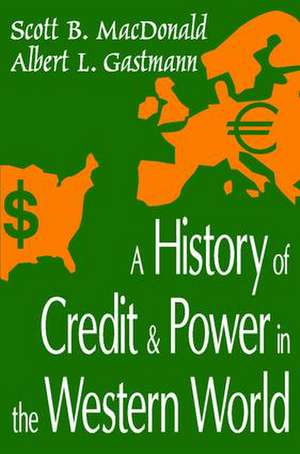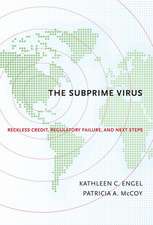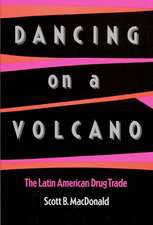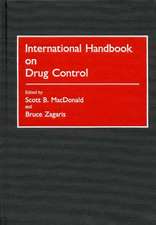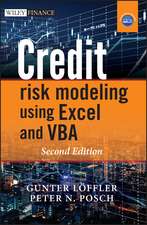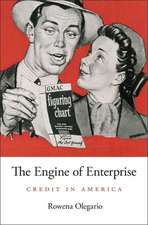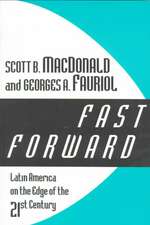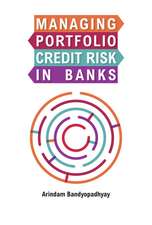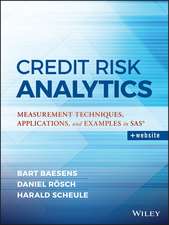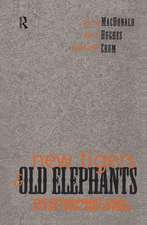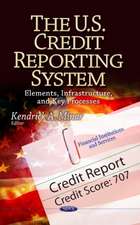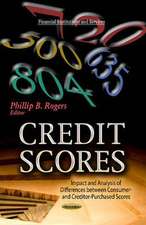A History of Credit and Power in the Western World
Autor Scott B. MacDonalden Limba Engleză Paperback – 31 aug 2004
Toate formatele și edițiile
| Toate formatele și edițiile | Preț | Express |
|---|---|---|
| Paperback (1) | 437.13 lei 6-8 săpt. | |
| Taylor & Francis – 31 aug 2004 | 437.13 lei 6-8 săpt. | |
| Hardback (1) | 765.84 lei 6-8 săpt. | |
| Taylor & Francis – 31 mai 2001 | 765.84 lei 6-8 săpt. |
Preț: 437.13 lei
Nou
Puncte Express: 656
Preț estimativ în valută:
83.65€ • 89.45$ • 69.74£
83.65€ • 89.45$ • 69.74£
Carte tipărită la comandă
Livrare economică 18 aprilie-02 mai
Preluare comenzi: 021 569.72.76
Specificații
ISBN-13: 9780765808332
ISBN-10: 0765808331
Pagini: 324
Dimensiuni: 152 x 229 x 21 mm
Greutate: 0.48 kg
Ediția:Revised
Editura: Taylor & Francis
Colecția Routledge
Locul publicării:Oxford, United Kingdom
ISBN-10: 0765808331
Pagini: 324
Dimensiuni: 152 x 229 x 21 mm
Greutate: 0.48 kg
Ediția:Revised
Editura: Taylor & Francis
Colecția Routledge
Locul publicării:Oxford, United Kingdom
Cuprins
1: Introduction; 1: Introduction; 2: Early Pre-Modern Credit Period; 2: The Ancient Mediterranean World; 3: Byzantine Christians and Muslims; 4: The Jewish Bridge; 3: Early Modern Credit Period; 5: Trade Fairs and The Knights Templar; 6: The Italians and Credit; 4: Modern Credit Period; 7: Credit Goes North: The Road to Amsterdam; 8: Finance in the Age of British Power; 9: Continental Echoes; 10: The Rise of U.S. Power and Credit; 11: The Democratization of Credit; 12: Challenges to the U.S.-Dominated Credit System; 13: Globalized Markets; 14: Conclusion: New Frontiers
Descriere
The end of the Cold War put the planet on a new track, abruptly replacing the familiar world of bipolarity, red phones, and intercontinental ballistic missiles with the strange new world of the Internet, e-commerce, and Palm Pilots
